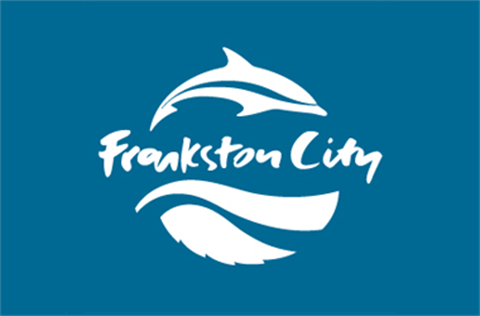Council adopts Reconciliation Action Plan and new Acknowledgement
Published on 23 September 2021

Frankston City Councillors have adopted the updated Reconciliation Action Plan 2020 – 2022 following community consultation.
Councillors voted unanimously to adopt the Plan at the 20 September Council Meeting.
They also voted to seek a report to the November 2021 Council Meeting to establish the Terms of Reference and recommended appointments to the Aboriginal and Torres Strait Islander Advisory Committee.
Mayor Kris Bolam said: “Council is committed to working with our Aboriginal and Torres Strait Islander peoples and Traditional Custodians on our Reconciliation journey to build friendships, respect and opportunities.
“Through our Reconciliation Action Plan, we hope to work together with our communities to enhance the health, education and employment outcomes with our Aboriginal and Torres Strait Islander peoples, working towards closing the gap between Indigenous and non- Indigenous Australians,” Mayor Bolam said.
Mayor Bolam added: “I am proud of our vibrant Aboriginal and Torres Strait Islander communities within Frankston City with the 2016 Census identifying 1338 Aboriginal and Torres Strait Islander peoples living across our suburbs.
“Frankston City benefits from the traditional culture of our Aboriginal and Torres Strait Islander people, which is resilient and characterised by strong recognition and valuing of the roles of Elders and traditional customs, such as a shared vision of community,” the Mayor said.
The Plan provides Council with a formal statement of commitment to Reconciliation and supports the development of strategies and initiatives to enhance Council’s ability to connect and engage with Aboriginal and Torres Strait Islanders in Frankston City, building relationships, respect and trust, and creating opportunities.
Council CEO Phil Cantillon noted there was strong support for the Plan, adding it is a strategic document that supports the Council Plan and Health and Wellbeing Plan, providing a framework for Reconciliation.
Mr Cantillon said: “It includes practical actions to drive Council’s contribution to advance Reconciliation both internally and within the communities in which it operates. The new Reconciliation Advisory Committee will enable Council to work in partnership with the Aboriginal and Torres Strait Islander communities to ensure the voices and experiences of the Aboriginal and Torres Strait Islanders are heard within Council, facilitating the Reconciliation process.”
Councillors also voted recently to adopt variations of the Acknowledgment of Traditional Owners as provided by the Bunurong Land Council for use by Frankston City Council.
Council’s new Acknowledgement of Country for Council meetings and events states: I acknowledge the Traditional Custodians of the land on which we meet today, the Bunurong People of the Kulin Nation, and pay my respect to Elders past, present and future. I would like to extend that respect to Elders of other communities who may be here today.
Variations will be used for email signatures and documents including Council strategies and action plans.
Councillors also voted to recognise the unique role of the Bunurong Land Council as the appointed Registered Aboriginal Party to be the representative corporation that is inclusive of all Traditional Owners in the Frankston municipality.
South Ward Cr Claire Harvey said Council had liaised with representatives from multiple Indigenous organisations on this important issue.
Cr Harvey said: “The recommended changes to Council’s formal Acknowledgment of Country will provide Council with a formal statement of commitment to Reconciliation consistent with the instructions provided by the Victorian Aboriginal Heritage Council – the State Government body delegated responsibility for these matters.
“This change will form the basis for a positive ongoing working relationship with
Bunurong Land Council, who is the appointed Registered Aboriginal Party. This will support further engagement and connection of strategies and initiatives with Aboriginal and Torres Strait Islanders – building relationships, respect and trust between Aboriginal and Torres Strait Islanders and non-Indigenous Australians,” Cr Harvey said.